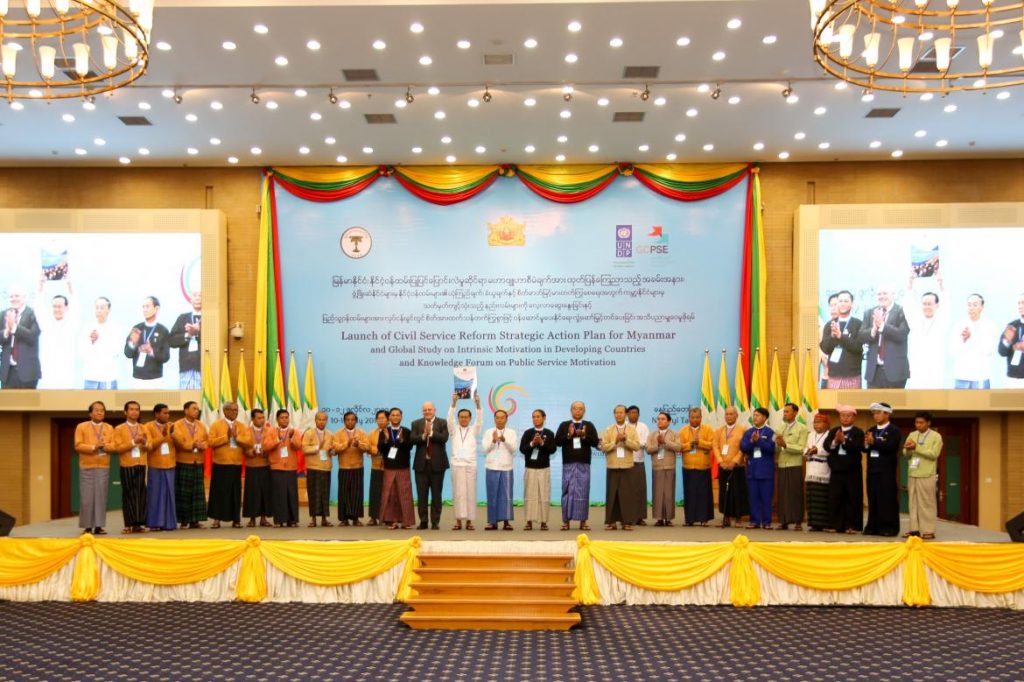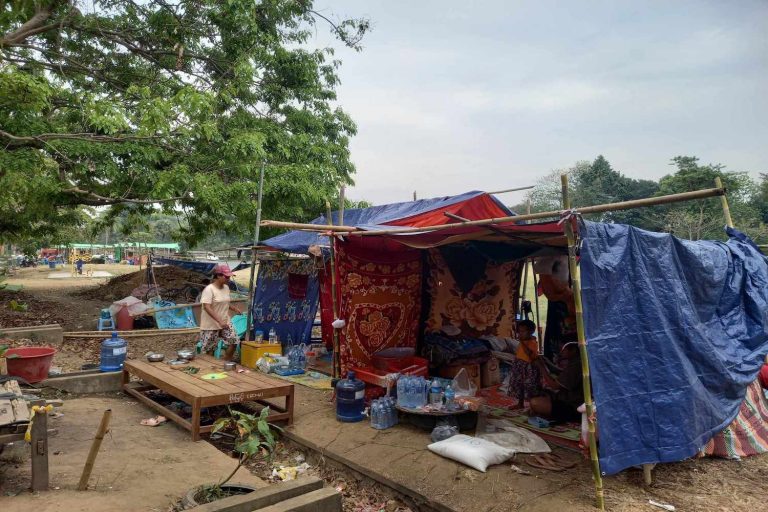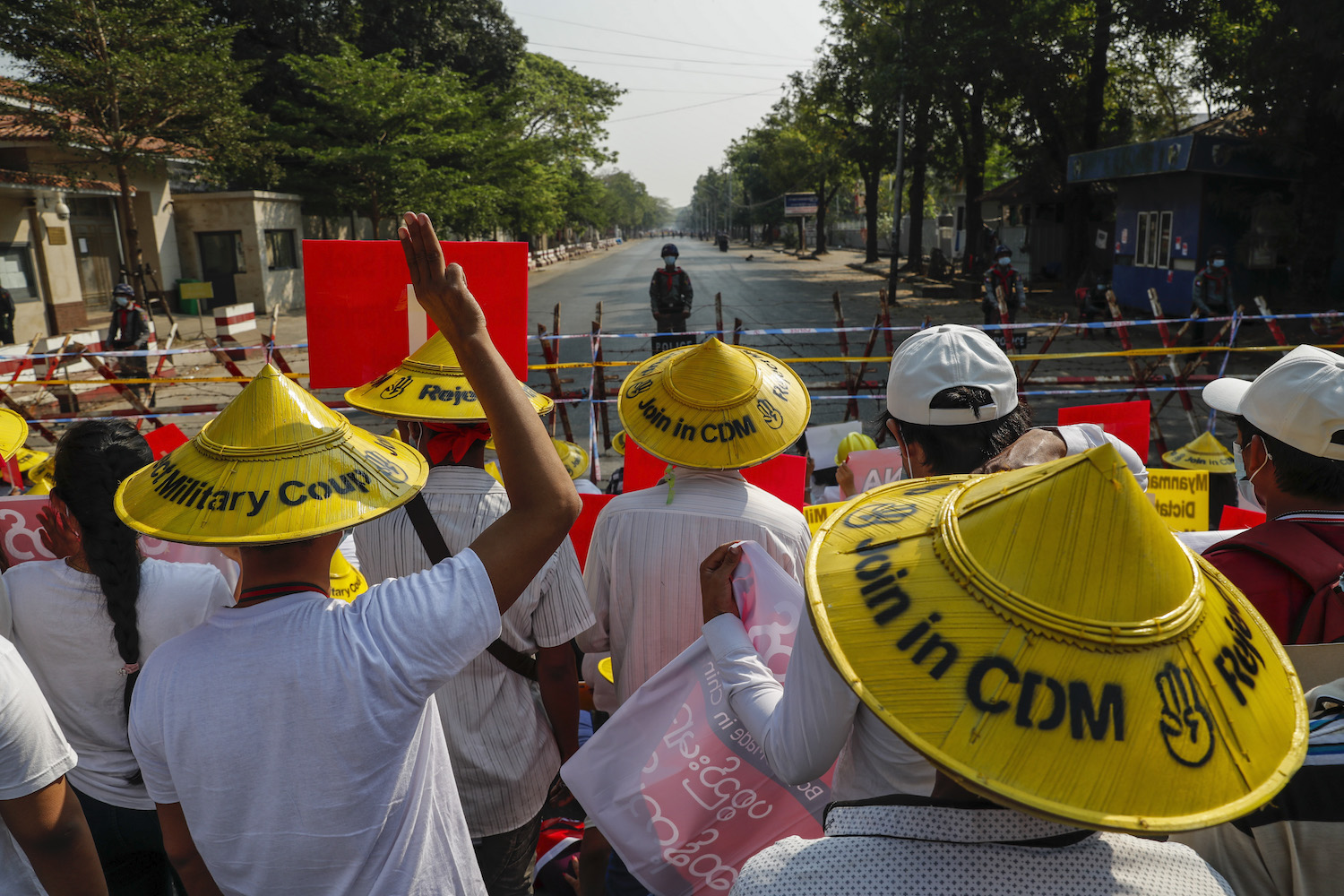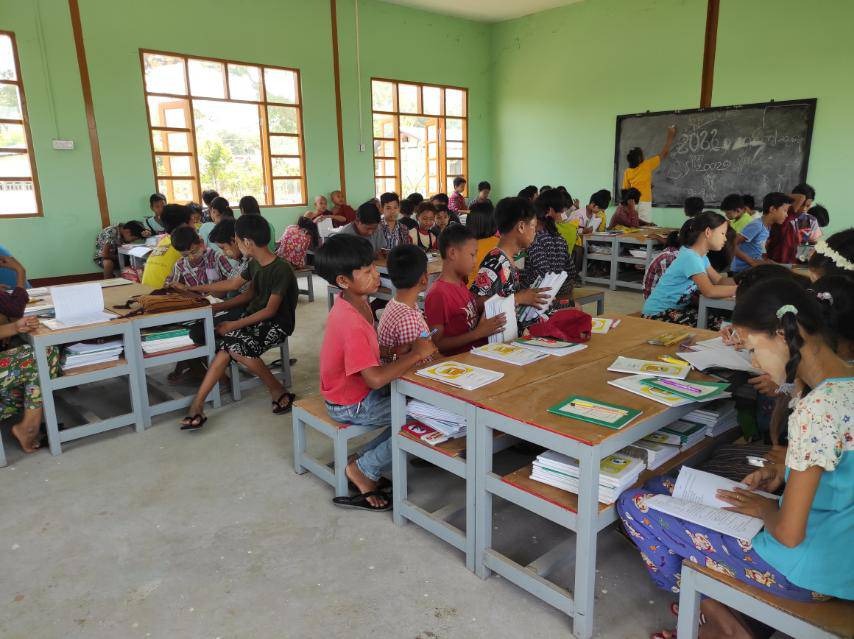Myanmar can achieve success if civil servants dedicate themselves to applying the principles of ethics, diversity and meritocracy to their workplaces.
EARLIER THIS week, Myanmar launched a comprehensive civil service reform action plan that aims to transform the civil service into an ethical, merit-based and more inclusive organisation that works to serve all the people of Myanmar.
At the launch of the plan in Nay Pyi Taw on July 10, Myanmar’s leaders even spoke about reinventing the civil service into one that finds strength in diversity, empathy and solidarity, and which embodies the spirit of national reconciliation, a key element of the current peace process.
As a native of South Africa, a country that underwent its own political transition in the 1990s under the leadership of Nelson Mandela, I have seen first-hand how the efforts to transform the “apartheid” state into a more diverse and inclusive entity were so crucial to our democratic transition.
Since 1994, South Africa has transformed itself from a country that was racially divided into one that celebrates diversity, inclusiveness and equality. Our transformation as a society in the last 20 years has also been reflected in the transformation in our civil service.
For example, between 1991 and 1999, the number of black civil service managers climbed from less than four percent to 41 percent. In 1994 there were no women in senior positions in our civil service; by 2014, 38 percent of public sector leaders were women, and South Africa came third out of all G20 countries for gender equality in the public service.
Support more independent journalism like this. Sign up to be a Frontier member.
While our civil service reform journey is far from over, South Africa’s civil service is today much more representative of the gender, racial and ethnic diversity of our country than ever before. There is no doubt that this process of civil service transformation has been essential to our journey of national reconciliation.
In recent years, Myanmar’s civil service has made efforts to become more representative.
For example, women’s representation in government departments has been growing slowly but steadily since 2005, and women have increasingly occupied more senior positions than before. In 2014, the latest data which we have, an average of 52 percent of all civil servants were women; of all civil servants at deputy director level and above, 39 percent were women.
Despite this very positive figure, the Union Civil Service Board’s research suggests that there is still some way to go to ensure women can reach their full potential in the civil service.
The civil servant perception survey launched by the UCSB in December last year showed that women feel that their prospects for promotion and career advancement are still limited in several ways – either because they don’t know the right people, or because they are deliberately excluded on the grounds of their gender.
It seems that glass ceilings linked to gender remain, especially at the higher levels of the civil service; in the administration today, only two permanent secretaries are women.
Countries that have made the most effort to establish gender equality in political participation and decision making tend to be world leaders in terms of economic growth, social cohesion, peace and human development.
img_6304.jpg
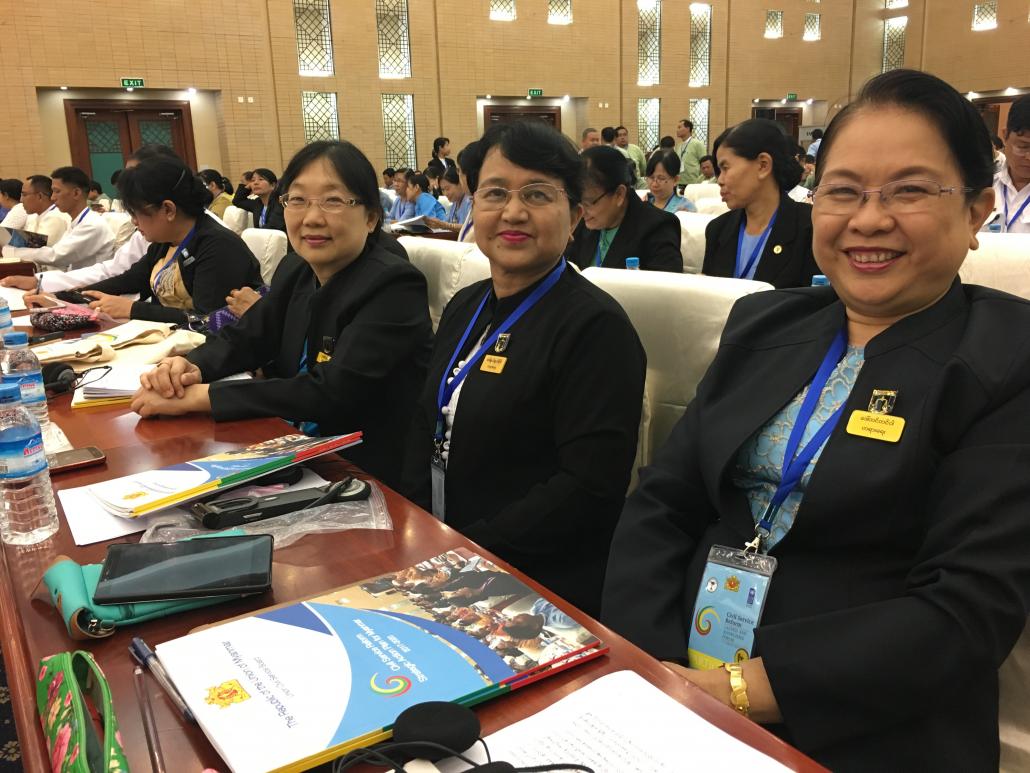
Delegates at the launch of a civil service reform plan held in Nay Pyi Taw on July 10. (Supplied)
It is no coincidence that most of the top 15 countries in the United Nations Development Programme’s Human Development Index – including Norway, New Zealand and Sweden – are also top of the list in the World Economic Forum’s Global Gender Gap Index, which measures how well countries are eliminating gender gaps, irrespective of their national wealth.
Countries such as Rwanda, the Philippines and South Africa appear in the top ranks globally in terms of closing gender equality gaps. While they are not at the top of the Human Development Index, they are among the fastest-growing developing economies in the world.
These statistics underline the importance of Myanmar’s focus on making the civil service more inclusive and representative. By ensuring that women and those from different ethnic backgrounds, races and religions can compete on an equal basis for jobs and promotions, Myanmar can ensure that its civil service is more reflective of the country’s population and that it is making use of the best available talent.
One of the lessons from civil service reform efforts in other parts of the world is that it is not enough to promote diversity by simply “counting the numbers”; what is more important is to “make the numbers count”.
Increasing the absolute numbers of women or ethnic minorities in the civil service will not guarantee that the benefits of increased diversity will be truly felt.
Global practice suggests that public services benefit the most from efforts to increase diversity when they are founded in a true desire to accommodate difference (in views and perspectives not just in numbers).
With this action plan, Myanmar can not only ensure a more inclusive and representative civil service, it can also promote diversity for the benefit of the country and all its peoples.
Diversity and respect for diversity at leadership level can also have a profound impact on dealing with corruption and combating impunity. Fifty-six percent of civil servants surveyed by UCSB and UNDP felt that some of their fellow civil servants ask for additional payments to do their work. They also said that bribery and nepotism take place in recruitment and promotion processes.
Research from other countries suggests that a greater diversity of staff (and views), combined with clear and strong ethical standards, can be critical to reducing corruption. Setting new and higher standards of behaviour, and ensuring that accountability mechanisms are in place to flag corrupt practices, are key elements of the action plan.
Reforming Myanmar’s civil service will not be easy, and the action plan is only the first step in what may be a long and difficult process. However, the experience of other countries shows us that while change is possible, real transformation requires patience and political will.
Myanmar can achieve success if the same civil servants who dedicated their time and energy to developing the action plan also dedicate themselves to applying the principles of ethics, diversity and meritocracy contained in the plan to the civil service itself.
The reform and transformation of Myanmar’s civil service will be a key element of Myanmar’s ongoing democratic transition. The creation of a more diverse, ethical and inclusive civil service will also be critical for Myanmar’s efforts to achieve sustainable development, national reconciliation and lasting peace. It is an effort worthy of our support.


